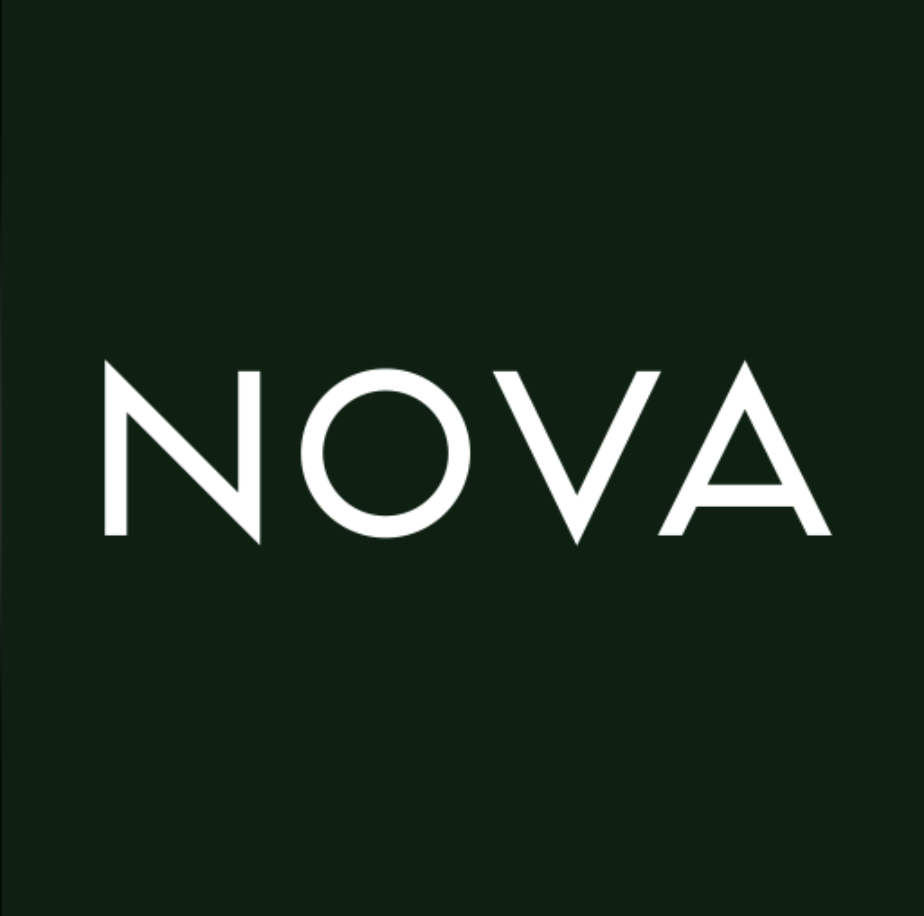

NOVA Wealth

City of London, United Kingdom
May 2024
Other financial services
Service with Minor Environmental Footprint
United Kingdom
At NOVA Wealth, we believe that clear, honest, and straightforward advice can empower people to live their dream lives, while contributing to a better future for everyone. Navigating your finances is challenging, yet crucial for securing your future and your family's. Our society puts significant responsibility on self-sufficiency, from buying homes and saving for retirement, to protecting ourselves against the unexpected. However, a distinct lack of financial education, complex tax rules and regulations, compounded by limited access to affordable advice hinders this. These obstacles often lead to poor financial decisions, affecting individuals, families, and the broader economy for years. We aim to change the face of financial advice and the way it’s delivered in the UK. We firmly believe that a human adviser should be at the heart of every client relationship, so we’re building the next generation of advisers to deliver on this. However, by leveraging technology, we can open up access to advice, enabling more people to make smarter financial decisions, protect their futures and live the lives they dream of.
Overall B Impact Score
Governance 19.6
Governance evaluates a company's overall mission, engagement around its social/environmental impact, ethics, and transparency. This section also evaluates the ability of a company to protect their mission and formally consider stakeholders in decision making through their corporate structure (e.g. benefit corporation) or corporate governing documents.
What is this? A company with an Impact Business Model is intentionally designed to create a specific positive outcome for one of its stakeholders - such as workers, community, environment, or customers.
Workers 41.5
Workers evaluates a company’s contributions to its employees’ financial security, health & safety, wellness, career development, and engagement & satisfaction. In addition, this section recognizes business models designed to benefit workers, such as companies that are at least 40% owned by non-executive employees and those that have workforce development programs to support individuals with barriers to employment.
What is this? A company with an Impact Business Model is intentionally designed to create a specific positive outcome for one of its stakeholders - such as workers, community, environment, or customers.
Community 17.5
Community evaluates a company’s engagement with and impact on the communities in which it operates, hires from, and sources from. Topics include diversity, equity & inclusion, economic impact, civic engagement, charitable giving, and supply chain management. In addition, this section recognizes business models that are designed to address specific community-oriented problems, such as poverty alleviation through fair trade sourcing or distribution via microenterprises, producer cooperative models, locally focused economic development, and formal charitable giving commitments.
Environment 12.0
Environment evaluates a company’s overall environmental management practices as well as its impact on the air, climate, water, land, and biodiversity. This includes the direct impact of a company’s operations and, when applicable its supply chain and distribution channels. This section also recognizes companies with environmentally innovative production processes and those that sell products or services that have a positive environmental impact. Some examples might include products and services that create renewable energy, reduce consumption or waste, conserve land or wildlife, provide less toxic alternatives to the market, or educate people about environmental problems.
Customers 2.5
Customers evaluates a company’s stewardship of its customers through the quality of its products and services, ethical marketing, data privacy and security, and feedback channels. In addition, this section recognizes products or services that are designed to address a particular social problem for or through its customers, such as health or educational products, arts & media products, serving underserved customers/clients, and services that improve the social impact of other businesses or organizations.